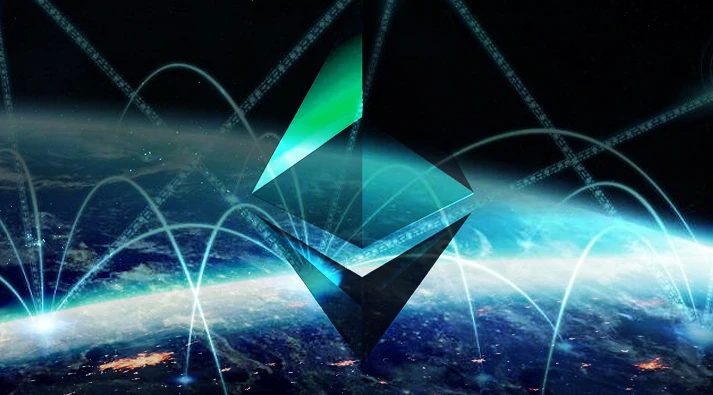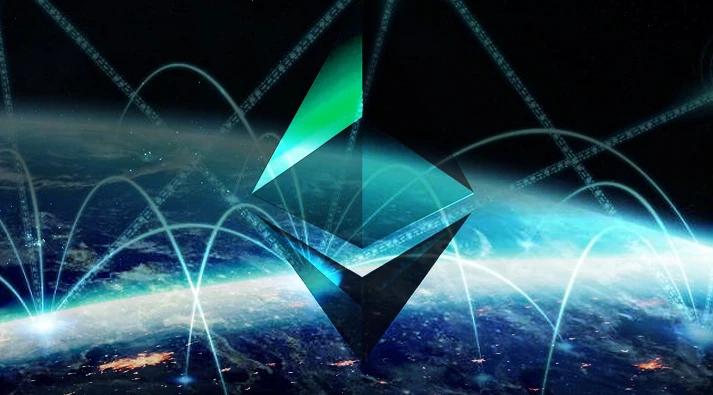A Long-Gone Ethereum Co-Founder Speaks Out - Why He Sees Possible DANGER of Ethereum 2.0 Heading Towards CENTRALIZATION...
While no longer part of the Ethereum Foundation, Anthony Di Iorio was one of the developers behind Ethereum when it launched in 2015. While he has since moved on to other ventures, he resurfaced this week, sharing concerns on ETH 2.0 in an interview.
These concerns revolve about the level of centralization that Ethereum could reach now that the merge to Proof of Stake is complete.
Di Iorio's concern revolves around the possibility of major exchanges becoming an overwhelming number of the total validators on the network.
At the root of the issue is the requirement to hold 32 ETH to launch a node -so exchanges holding thousands of ETH have an obvious advantage...That's a little over $42,000 worth of Ethereum at the time of publishing - and it is reasonable to say this prices out the average person, who previously could have started mining for under $1000 if they were interested in contributing to the network.
So\when the rule is "More ETH = more nodes" you immediately see the potential power major exchanges have by holding thousands of users Ethereum. Even many mid-size exchanges hold enough to launch hundreds of nodes.
However, users need to agree to use any ETH that they actually own, exchanges cannot decide how to allocate your holdings without permission.
More importantly, all these people have the power to pull out whenever they wish.
Can these really be considered exchange-owned nodes if their users have the power to shut them down by collectively pulling out?
Still, ETH 2.0 is off to a more centralized start than many expected. Last week nodes launched by just 2 addresses were validating 46% of total transactions. One is a known pool, the other an 'unknown entity'... which nobody likes to hear.
It may not be as simple as looking at who now has an easier entry to becoming a validator, but for a large number of people, Ethereum's update represents a door opening.
On that note, Di Iorio also acknowledged that the Proof of Stake model allows people from countries that have banned GPU mining to participate again (such as Algeria, Bangladesh, Bolivia, China, Colombia, Egypt, Indonesi and more) many of them pointing to the large amount of electricity consumed by miners as their reasoning, an issue the new Ethereum now solves.
-------------------
Author: Oliver Redding
Seattle Newsdesk /
Subscribe to GCP in a reader








